IN CONVERSATION WITH:
SARI SOINENEN
SARI SOINENEN
(22.10.21)
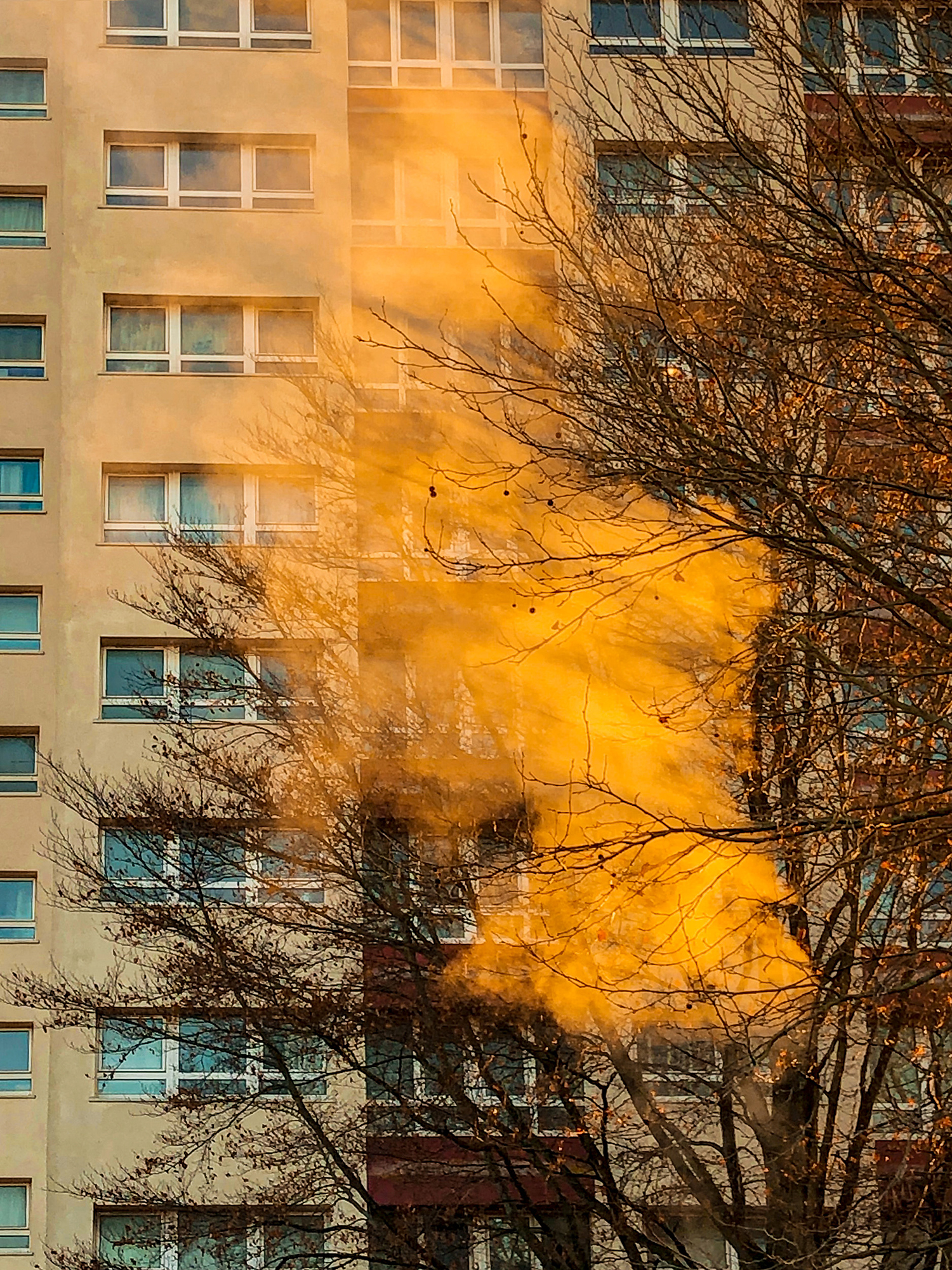
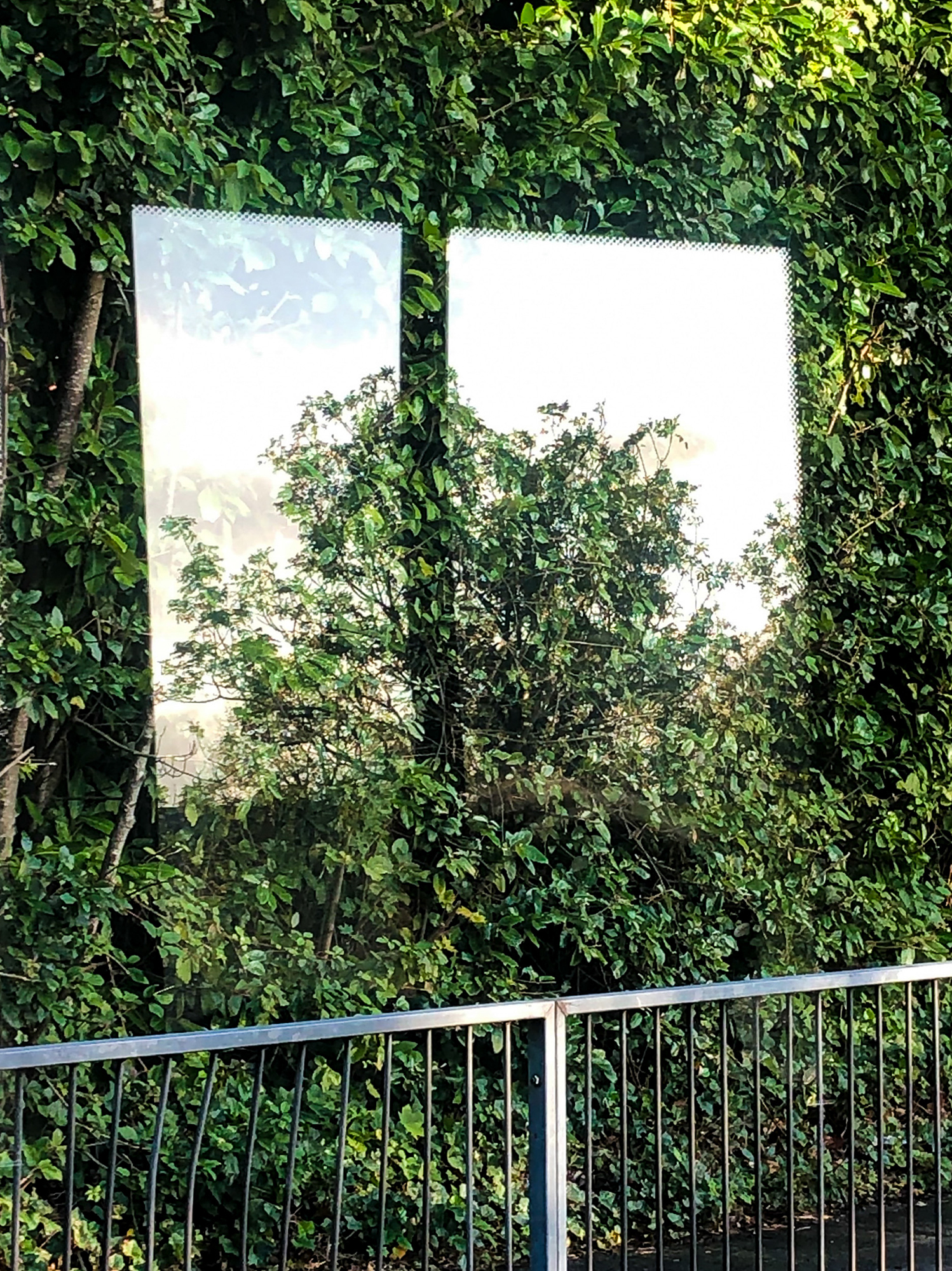
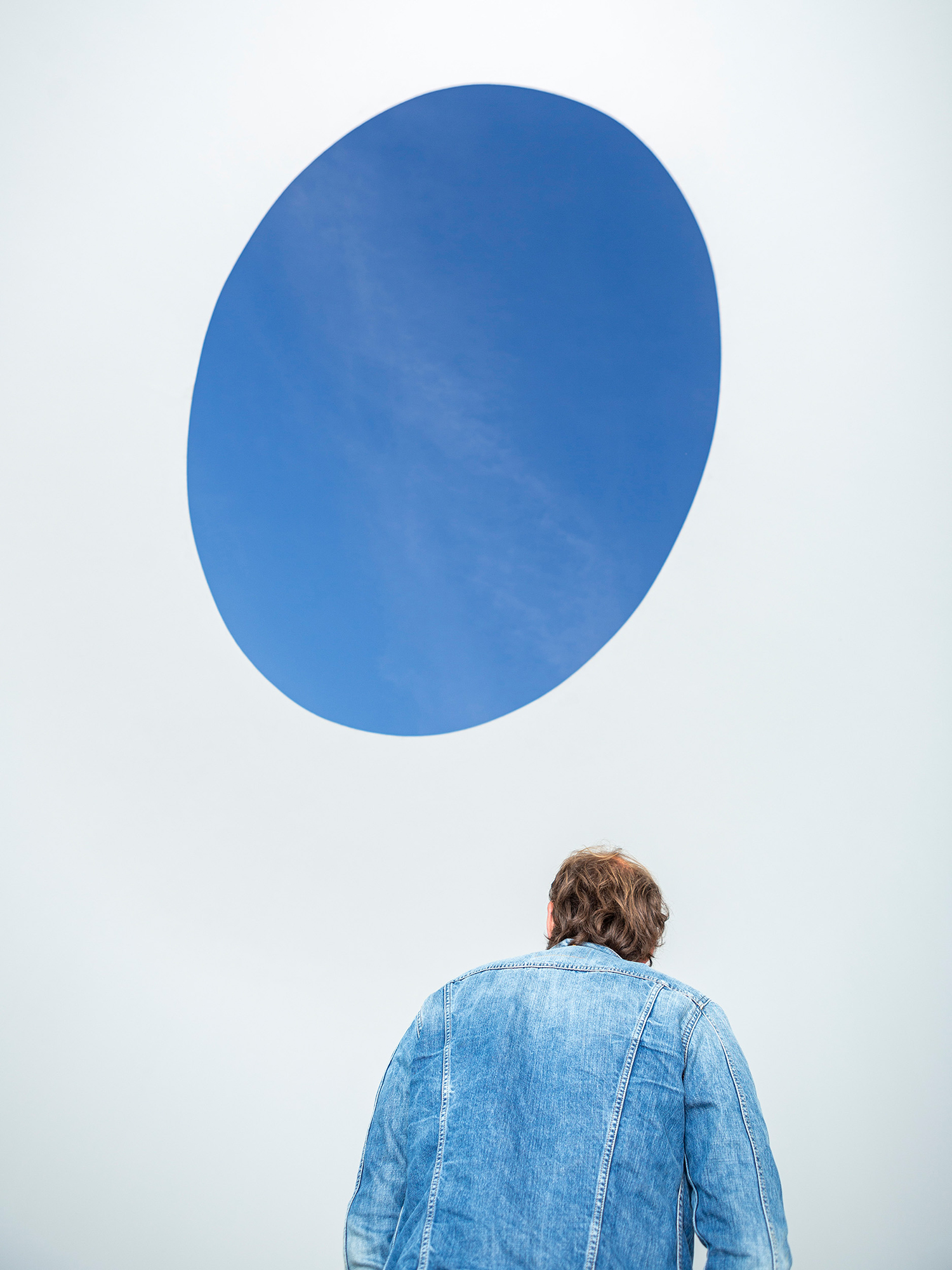
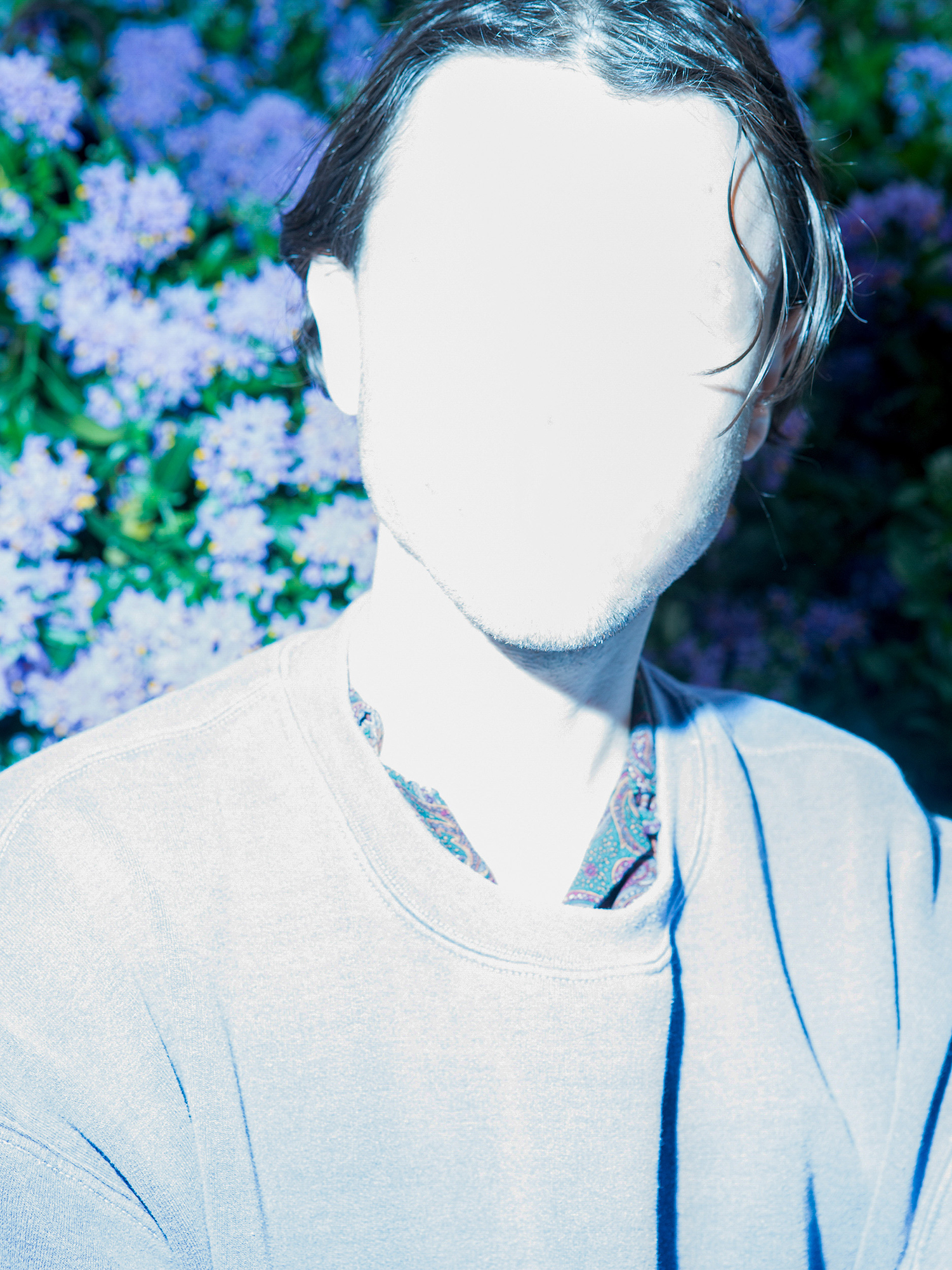
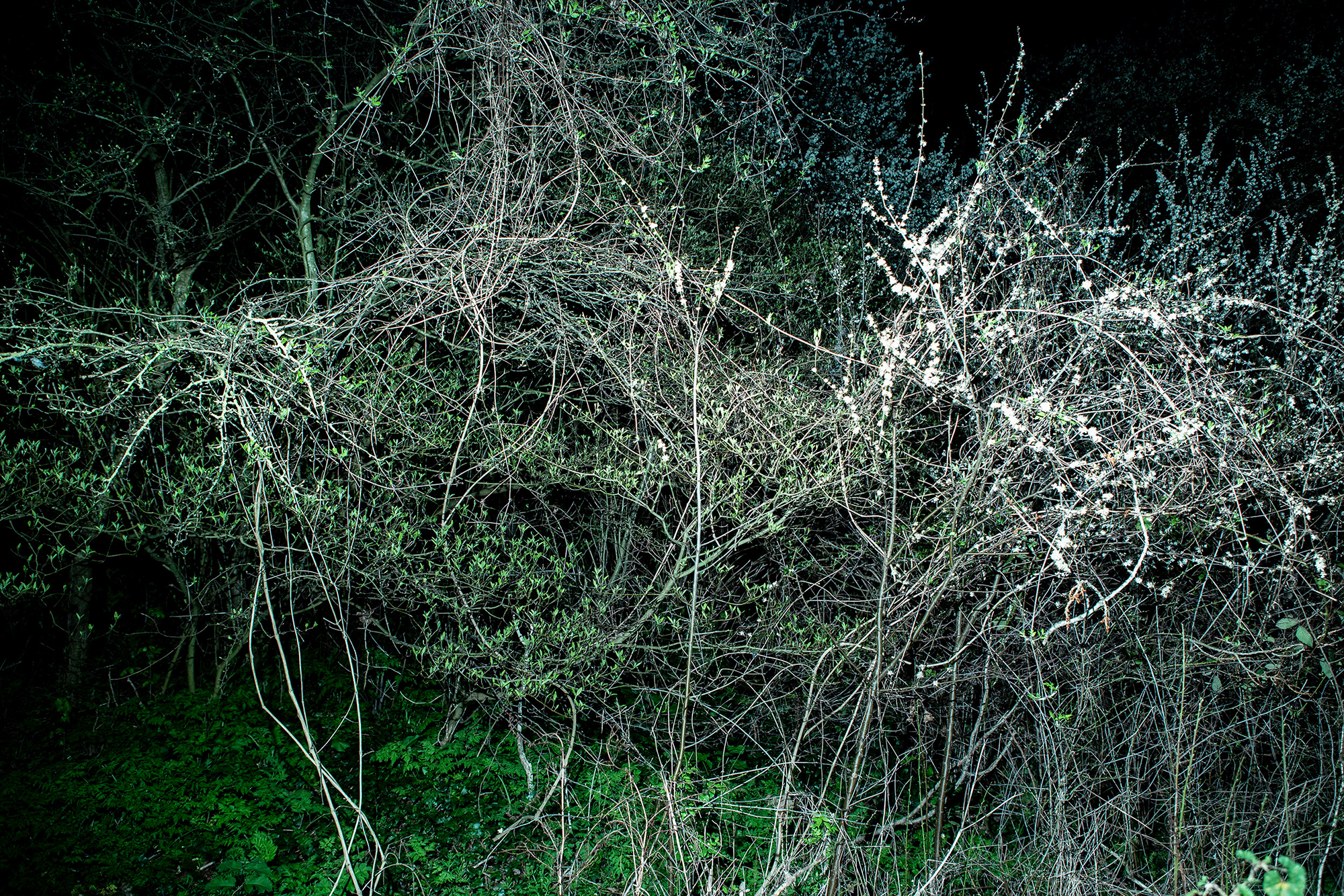

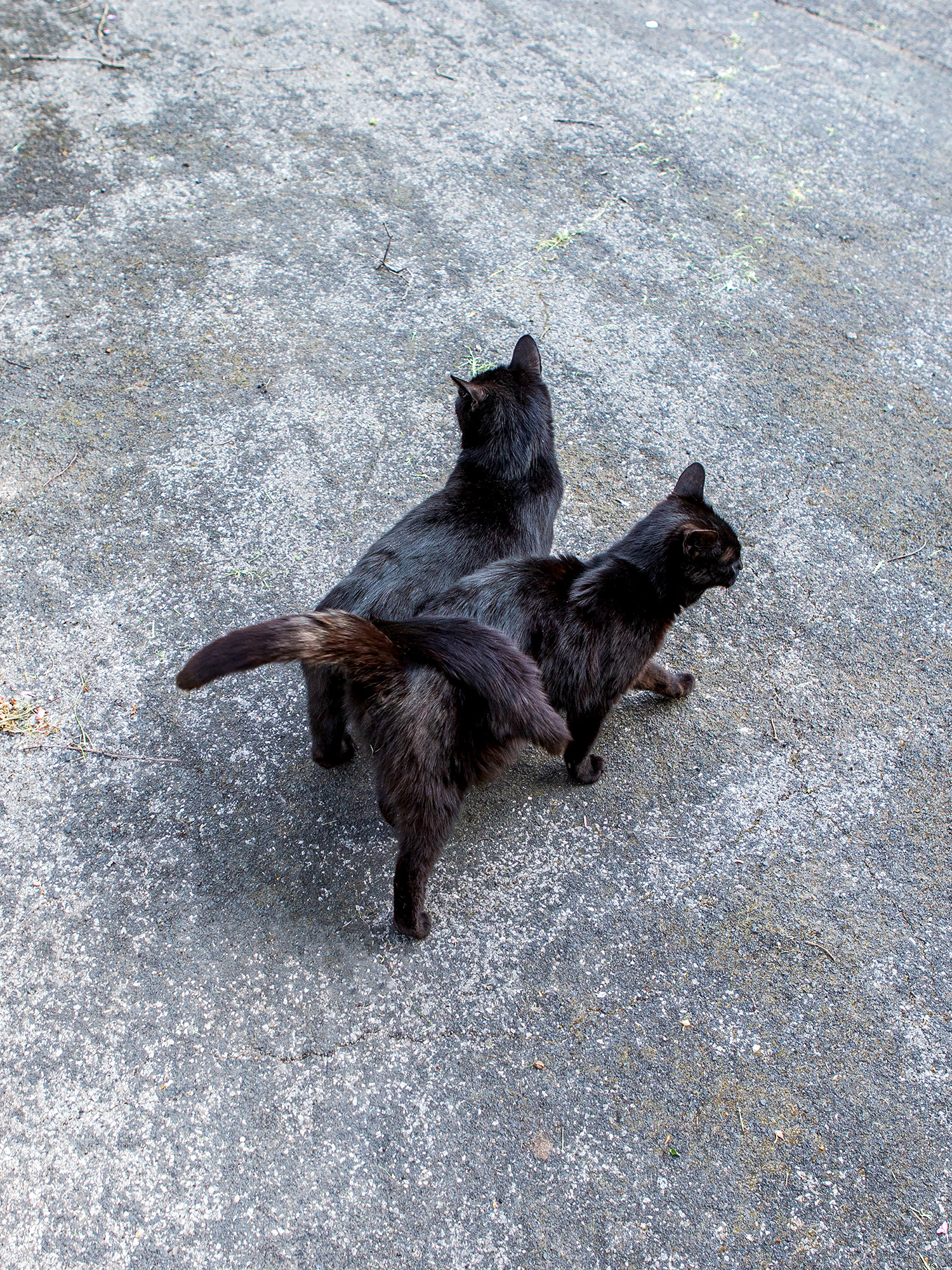
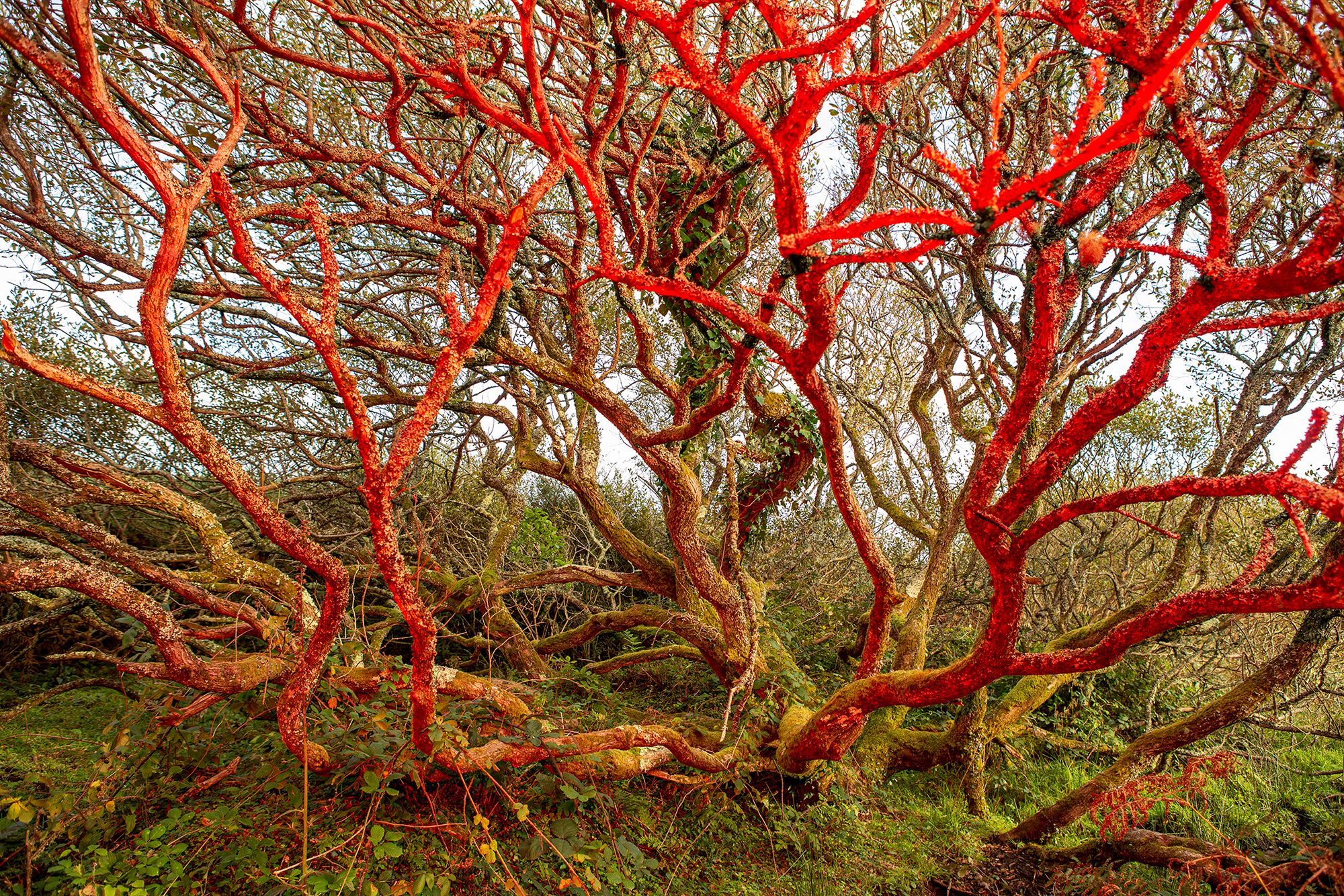
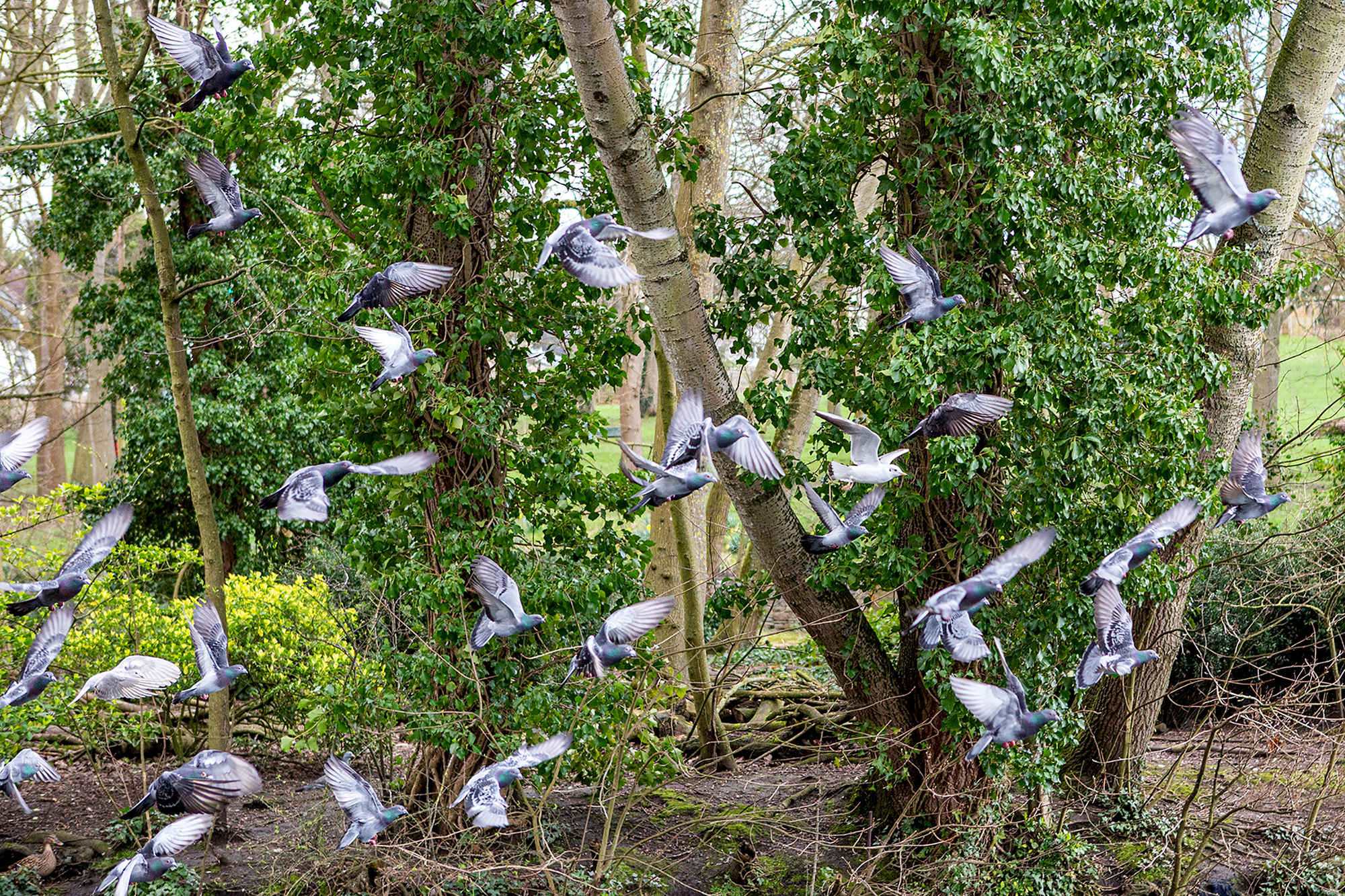
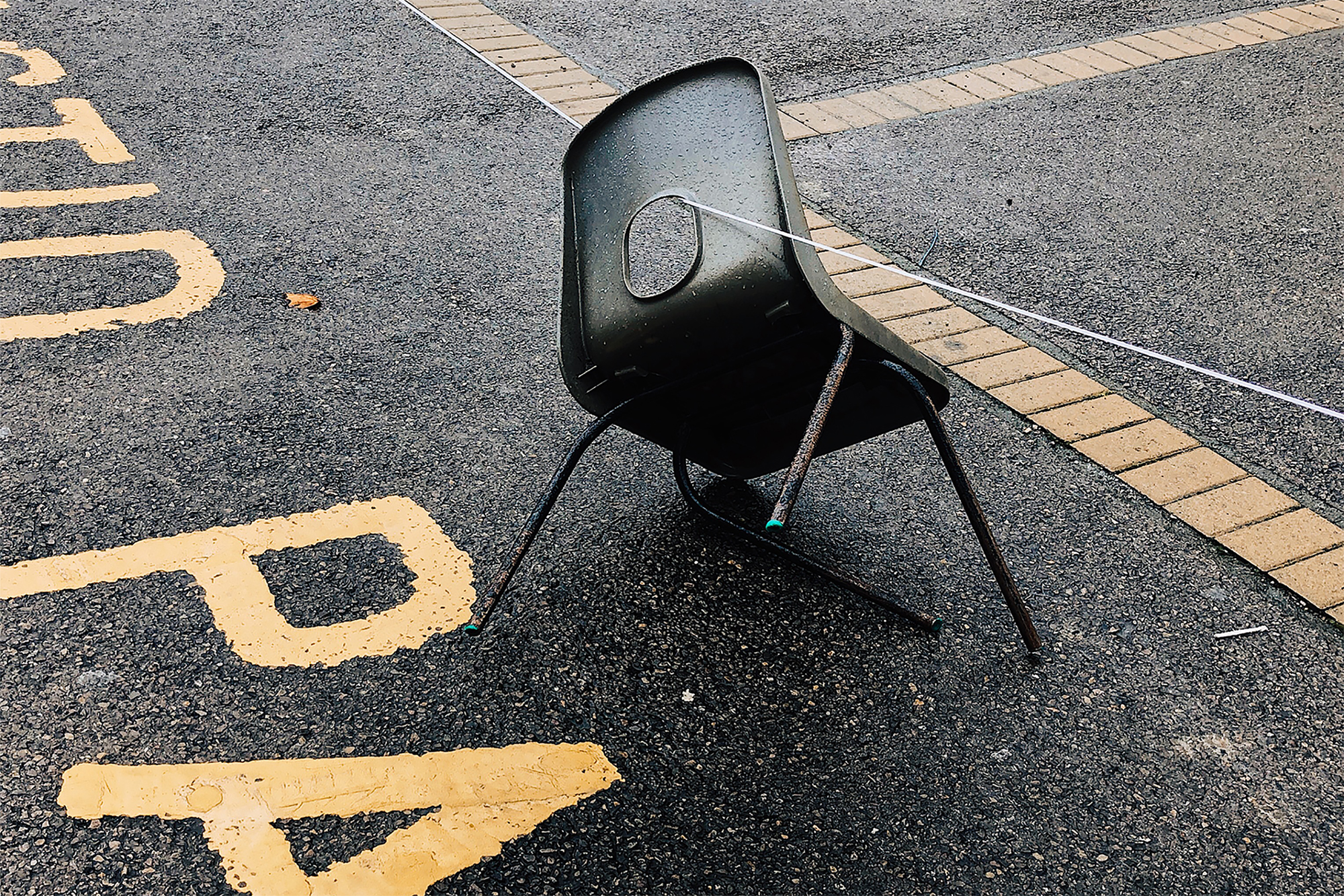
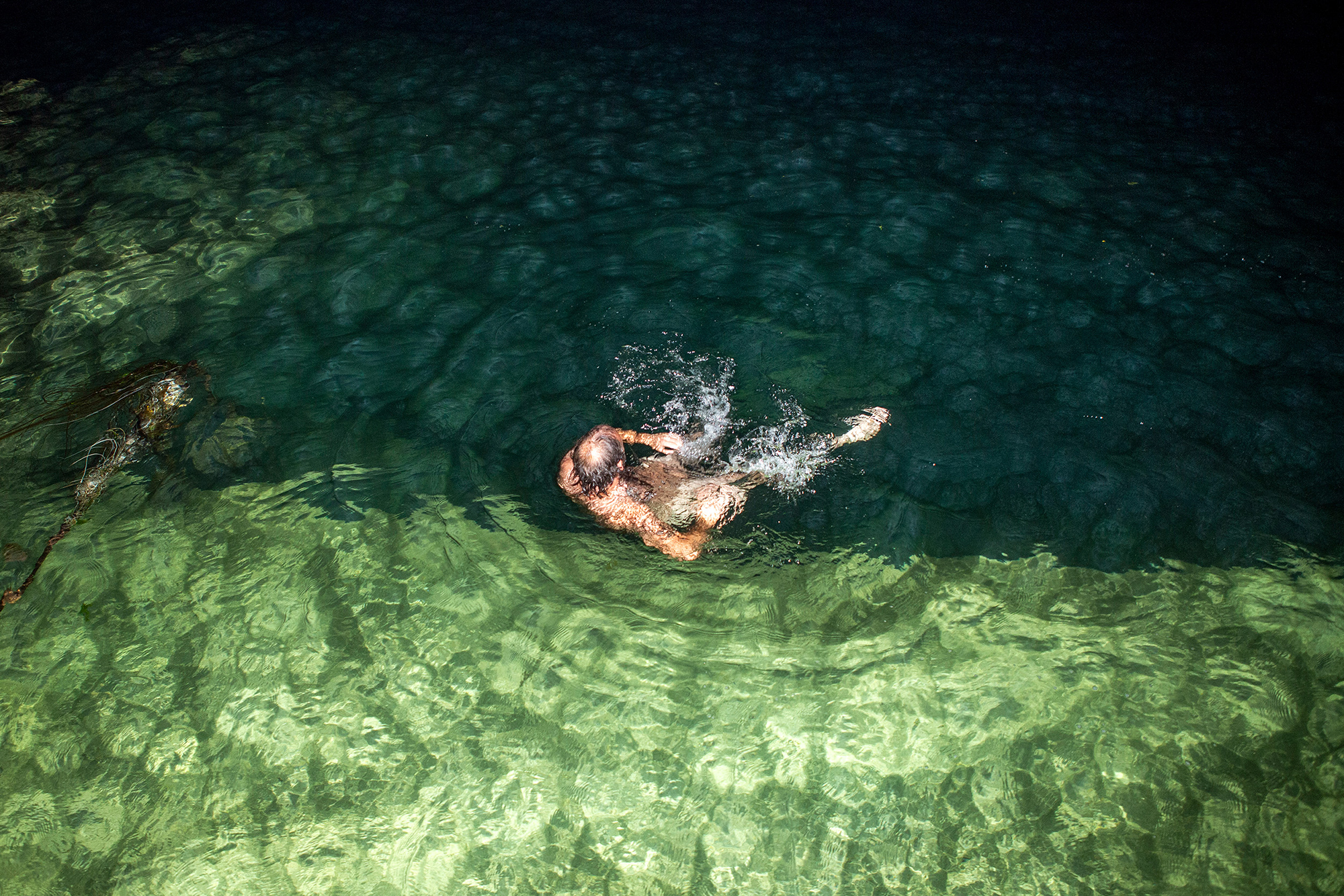
In Conversation with Sophie Spence
Sophie Spence: Your project statement was very compelling, I have a couple of friends who’ve had periods of psychosis. It’s really hard to understand what that experience must be like for someone. So to see it visualised is quite compelling.
Sophie: It’s really interesting the subject matter you’re drawn to. What drew you to different locations? You’ve created a body of work that is really cohesive. The visual aesthetics are very consistent but with very different subject matter. Where are you taking these photos? What is your process? Is it incidental or planned?
Sophie: It’s interesting the idea that the project is a reparative process for you - going through this process of sitting with things and healing. How do you feel about this project and photography being a way to heal?
Sophie: What was the tipping point for you to talk about in public?
Sophie: Congratulations!
Sophie: The series itself is interesting, being able to translate your mental health perspective. As someone else who also goes through mental health challenges, I can relate to that sentiment. It’s very hard to translate those thoughts and feelings into photography. So it’s really impressive the way you’ve approached it. You’ve been drawn to some specific motifs, i.e. trees and nature, what draws you to these places?
Sophie: So eventually you found your way out of it?
Sophie: Not the hard drives!
︎
Sari Soininen (b.1991) is a Finnish photographer based in Bristol, United Kingdom.
Sari holds MA in photography from UWE Bristol (2021), BA from Lahti Institute of Design (2014), and she carried out exchange studies in Edinburgh College of Art (2013).
Her colourful otherworldly photography draws from philosophical thoughts and personal mystical experiences. Her interest is in providing the viewer with alternative ways of seeing the world and reality around them.
After completing her BA degree Sari began a career in graphic design, event photography and animation. In 2019 she decided to pursue fine art photography and started her masters.
To see more work by Sari Soininen, visit - Website / Instagram
︎
Sari Soininen: When I started (this) project I had psychosis. That was over 5 years ago. I did my bachelor's degree 7 years ago and I had given up on photography. After the psychosis I was really depressed. I started to do self projects with colour flashes and low shutter speed. Then two years ago I came to the UK for my Masters and I knew I wanted to do something related to the psychosis, because it helped me find photography again. I wasn’t really talking about it in public, so I was a bit worried about being that psychosis girl - the acid girl. I started to photograph everything around me; at some point I realised the things I’m photographing around me are the things that remind me of the psychosis world. Then I started to use halo flash to really highlight these alternative realities.
Sophie: It’s really interesting the subject matter you’re drawn to. What drew you to different locations? You’ve created a body of work that is really cohesive. The visual aesthetics are very consistent but with very different subject matter. Where are you taking these photos? What is your process? Is it incidental or planned?
Sari: It’s quite incidental really, most of this project I shot during the lockdown. I wasn’t able to go further away than 2 kilometres. I went to Lapland and took a few photos there. The experience itself changed the way I perceived the world in quite a fundamental way. I wasn’t (experiencing psychosis) or anything like that, I’m healed. But when I look at normal things, I’m able to see something else. My method is just walking around and seeing what I see - then taking a photo.
Sophie: It’s interesting the idea that the project is a reparative process for you - going through this process of sitting with things and healing. How do you feel about this project and photography being a way to heal?
Sari: Well definitely, photography is a form of therapy for me. Because that’s how it all started with the psychosis and the self portraiture. It’s something that I still do to this day. When I started this project, I kind of felt that I wanted to show my way of seeing the world and what I had experienced. I felt that I was healed already, but when I finished the project I realised how important it was for me to go back to that world again and to let go of it. I felt it identified me as a person in some way - and then finishing this project and making the decision to talk about it in public was extremely healing.
Sophie: What was the tipping point for you to talk about in public?
Sari: My family knows and my friends know. I’ve been talking to random people a lot, that has been part of the process as well. Last summer I spent so much time at home alone because of the lockdown and everything else. I was reading Aldous Huxley’s book, ‘The Doors of Perception’, where he talks about his mescaline experience. I read a lot about the tests that they did on LSD in the 60s and 70s and people weren’t so open about it at the time.. But then I guess I came to a realisation, it is a part of me and I can’t make a genuine project if I’m not honest. I feel that art needs to be honest, you need to be genuine and open up yourself and that’s part of the healing as well. Then a few weeks ago there was an article about me in the biggest paper in Finland.
Sophie: Congratulations!
Sari: I talked about the experience really openly and how it has affected my work. I got a lot of messages thanking me for speaking about it in public and being honest about it. People had similar experiences and the images spoke to them. I’m currently working on a new project about other people’s psychosis. It’s just near the beginning, but I think it’s about how mental health issues are something that we should talk about more. I understand for some people it can be really traumatic and that they don’t want to talk about it; but the more we talk about it, the more understandable it becomes. With psychosis, there’s a lot of stigma around it. People think that if you get into psychosis you kill people, there are these horrible stories that you can read online. I want to break the stigma a bit.
Sophie: The series itself is interesting, being able to translate your mental health perspective. As someone else who also goes through mental health challenges, I can relate to that sentiment. It’s very hard to translate those thoughts and feelings into photography. So it’s really impressive the way you’ve approached it. You’ve been drawn to some specific motifs, i.e. trees and nature, what draws you to these places?
Sari: My psychosis was really nature related. It took parts from christianity. It was really religious, but also old Finnish paganism which is really nature related (too). I would go to nature during the psychosis. I still feel there’s some kind of power in nature. I’ve always photographed nature a lot. It makes me feel that I can photograph anything if it talks to me about that world. Aldous Huxley talks about this other world at the back of our minds. And when he had his mescaline experience, there’s this world where the art comes from. You can access that world with mescaline but you can (also) access it in different ways. For example, psychosis is a way to access it - another reality in a way. I read these medical journals about LSD mystical experiences and religious experiences and how they are connected. I want to keep it as sort of separate. Even though (in the journal) the psychosis came from taking LSD, it is still a psychosis as well. But when you think about it, the experience is similar to me. I took it to try it, because I was interested in it. Then quite quickly I tried it a couple more times. Then God started to talk to me and told me to take more, to get connected to this new world. I would take loads of LSD over a period of (a few) months. The last time I took it I was experiencing psychosis for a few months after that.
Sophie: So eventually you found your way out of it?
Sari: At some point I started to realise that maybe this strange world where I’ve been is not the real world. I thought I understood the true nature of reality that no one really knew. Then I thought that there were people who knew about this real world, and they were following me and trying to kill me because I knew the truth. They were going to take me to the CIA.
Then at some point I thought maybe this has been a psychosis, so I went to the hospital myself. I was still really fucked up. I remember walking to the hospital and I was hearing aliens trying to connect with me and tell me not to go. I went to the hospital and I said to the nurse, ‘you look like a demon to me. You have all the features of a demon.’ Then I said, ‘I think I’ve been in a psychosis for a while.’ I didn’t tell them everything because I was still in a weird religious world as well. I was given heavy medication that I took for a week and I couldn’t do anything.
When I started to feel better, I went to a therapist a couple of times, I was still in this religious world. Slowly, it faded away after a couple of months. I was in it for about four months, then an after-flow for about a month - then I recovered. I became really depressed because I wasn’t God’s chosen one. I had thrown away everything I ever had. God told me to give away all of my worldly possessions to connect with this new world, so I threw everything into the bin outside. I threw away my cameras, my laptops, my hard-drives - everything.
Sophie: Not the hard drives!
Sari: But I feel in a way, I was born again. There was so much good and bad in the experience. But after that I felt that I’d thrown away everything I had, and I threw myself away. I didn’t know who I was anymore because I had been in this weird world for a long time. I had been someone else in a way. So it took quite a while, I was really depressed, that’s why I found photography again. To find a way to heal.
︎
Sari Soininen (b.1991) is a Finnish photographer based in Bristol, United Kingdom.
Sari holds MA in photography from UWE Bristol (2021), BA from Lahti Institute of Design (2014), and she carried out exchange studies in Edinburgh College of Art (2013).
Her colourful otherworldly photography draws from philosophical thoughts and personal mystical experiences. Her interest is in providing the viewer with alternative ways of seeing the world and reality around them.
After completing her BA degree Sari began a career in graphic design, event photography and animation. In 2019 she decided to pursue fine art photography and started her masters.
To see more work by Sari Soininen, visit - Website / Instagram
︎